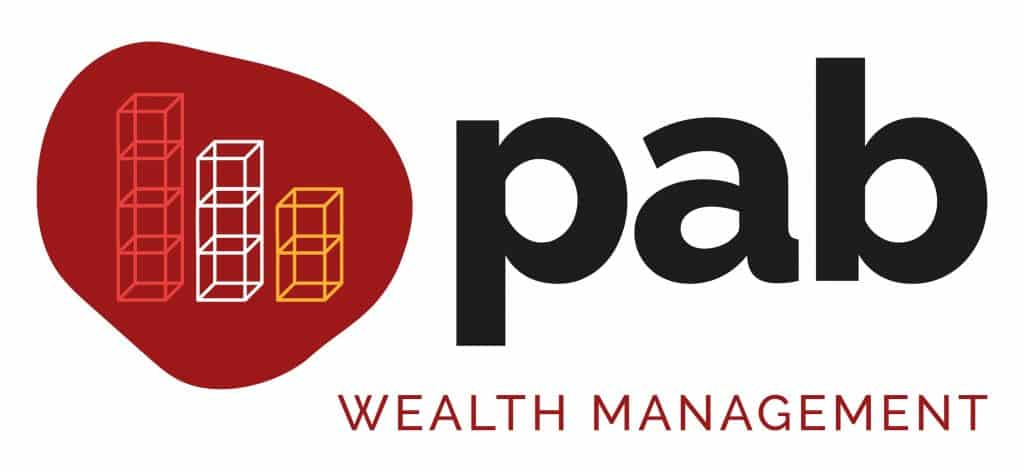The UK housing market has seen its fair share of ups and downs, but one constant remains: interest rates can change, and they can impact your mortgage. In a climate of increasing interest rates, remortgaging can be a prudent financial move. This blog post will guide you through what to do when remortgaging in the UK with rising interest rates.
Understanding the Basics
Before delving into the specifics of remortgaging in a rising interest rate environment, let’s ensure we’re on the same page about the fundamentals.
- Mortgage Types: In the UK, there are various mortgage types, including fixed-rate and variable-rate mortgages. A fixed-rate mortgage locks in your interest rate for a specific period, while a variable-rate mortgage fluctuates with market rates.
- Interest Rates: The Bank of England’s base rate significantly influences mortgage interest rates in the UK. When the base rate goes up, mortgage rates tend to follow suit.
- Remortgaging: This involves switching from your current mortgage to a new one, either with your existing lender or a new one. Remortgaging can help you secure a better deal, reduce monthly payments, or release equity.
Key Steps to Take When Remortgaging in a Rising Interest Rate Climate
- Assess Your Current Mortgage: Start by understanding the terms of your current mortgage. What type of mortgage do you have, and what is your current interest rate? Knowing this will provide a baseline for comparison.
- Review Your Finances: Assess your financial situation. Are you comfortable with your current monthly payments, or are they becoming a burden due to rising interest rates? Understanding your budget and financial goals is crucial.
- Check Your Credit Score: A good credit score can help you secure a better remortgage deal. Obtain your credit report and work on improving your credit score if necessary.
- Seek Professional Advice: Consult a mortgage advisor or broker. They can help you navigate the complexities of remortgaging, compare offers from different lenders, and recommend the best option for your circumstances.
- Consider Fixed-Rate Mortgages: If you’re concerned about rising interest rates, consider switching to a fixed-rate mortgage. This can provide stability by locking in your interest rate for a predetermined period, shielding you from rate hikes.
- Compare Offers: Don’t settle for the first offer you receive. Shop around, compare terms, interest rates, and fees from different lenders to find the most favorable deal.
- Assess the Impact on Your Finances: Calculate how remortgaging will affect your monthly payments and overall financial situation. Ensure it aligns with your long-term goals.
- Prepare for Fees and Costs: Be aware of potential fees associated with remortgaging, such as arrangement fees, valuation fees, and early repayment charges. Factor these into your decision.
- Plan for Future Rate Rises: While securing a fixed-rate mortgage can provide short-term peace of mind, consider how you will manage your mortgage if rates continue to rise. Budget accordingly and have a financial safety net.
- Stay Informed: Keep an eye on the financial news and the Bank of England’s rate announcements. Understanding the broader economic context can help you make informed decisions.
In the UK’s dynamic housing market, navigating rising interest rates when remortgaging requires careful consideration and planning. Remember that remortgaging is a financial tool that can be used to your advantage, especially when interest rates are on the upswing. By assessing your current situation, seeking professional advice, and comparing offers, you can make informed decisions that align with your financial goals and provide stability in uncertain times.

